Lowell National Historical Park
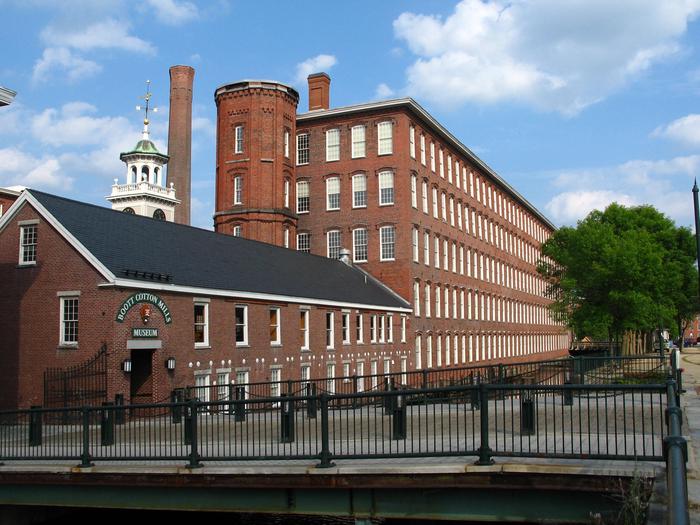
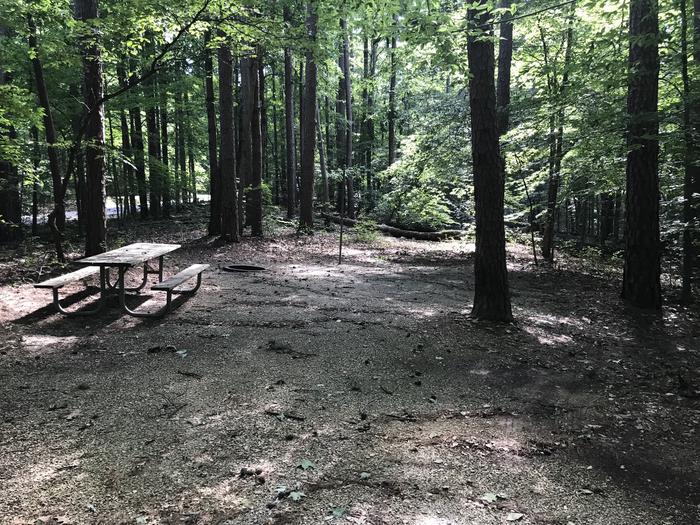
Discover the Continuing Revolution. Lowell’s water-powered textile mills catapulted the nation – including immigrant families and early female factory workers – into an uncertain new industrial era. Nearly 200 years later, the changes that began here still reverberate in our shifting global economy. Explore Lowell, a living monument to the dynamic human story of the Industrial Revolution.
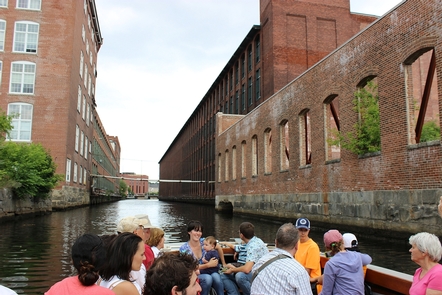
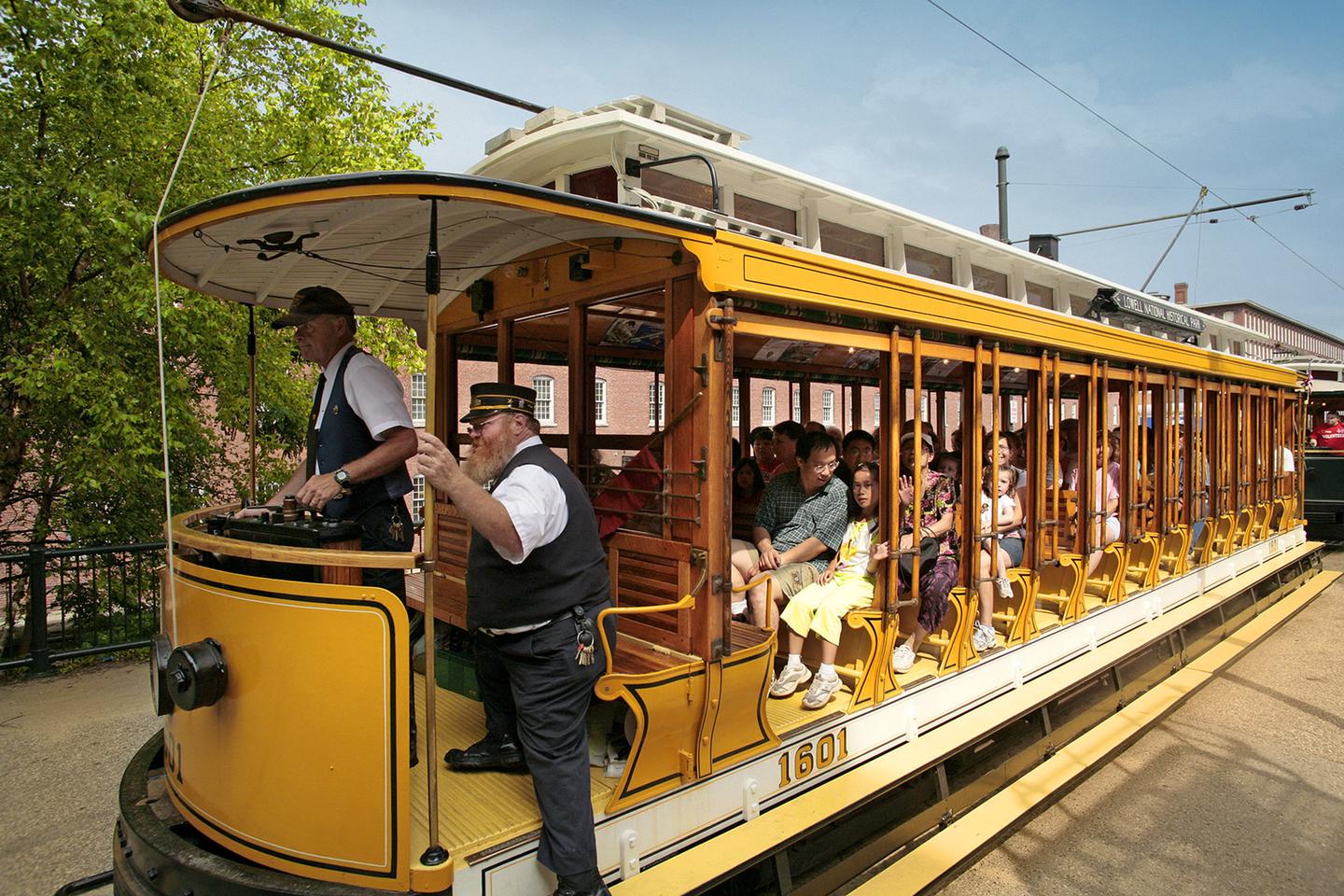
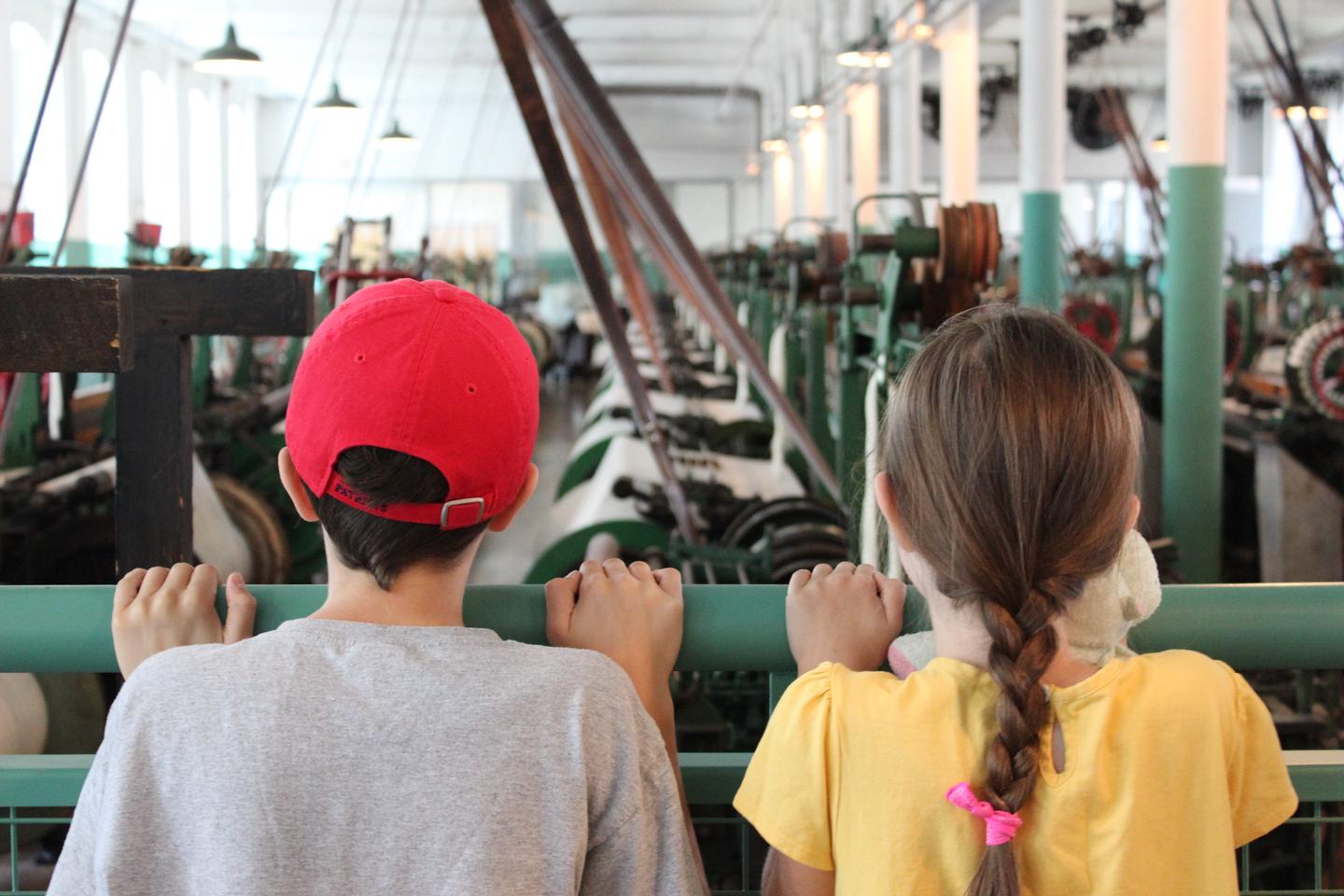
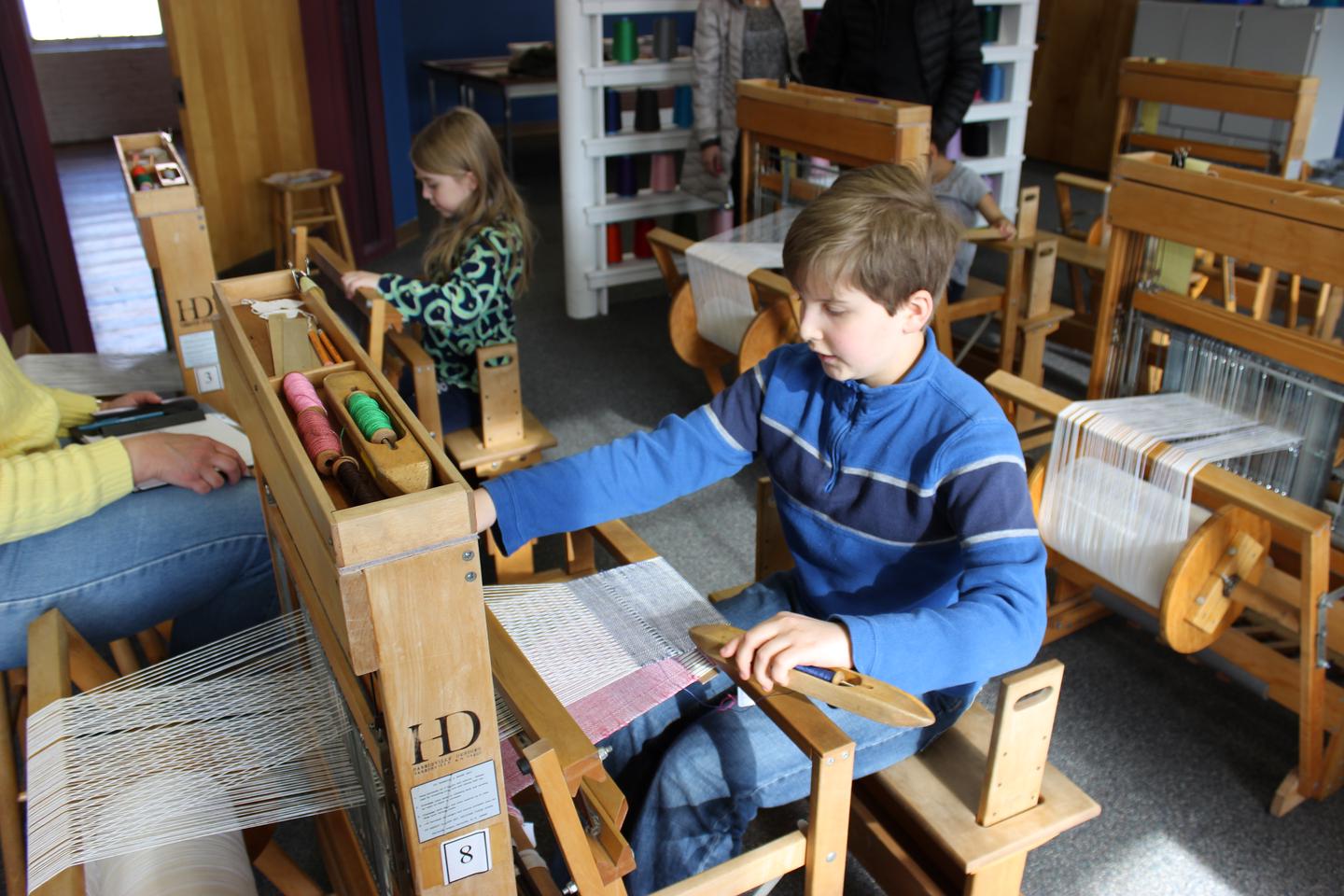
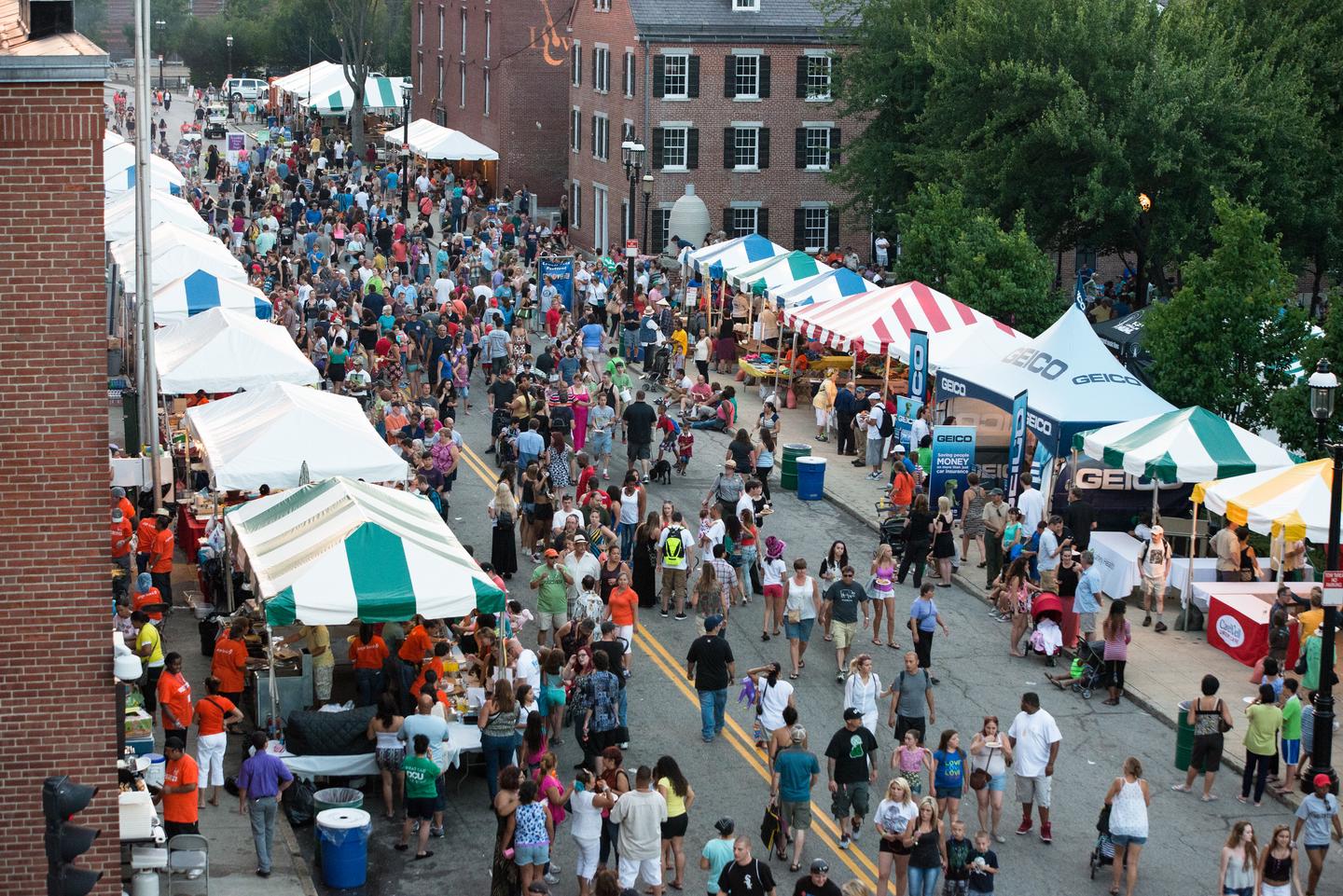
RecAreaDirections
From Interstate Route 495 take Exit 89C on to the Lowell Connector. From Route 3 take Exit 80A if traveling southbound, Exit 80B if traveling northbound. • Take the Lowell Connector to Exit 5B (Thorndike Street) • Continue right on to Thorndike Street, which becomes Dutton Street • At the third traffic light continue straight under the overpass • At the next light turn right. Free parking is available at the City garage.
Follow signs and walk through the mill courtyard to reach the Visitor Center
Open with Google MapMisc
| Stay Limit | |
| Reservable | false |
| Keywords | |
| Map Link | |
| Contact Phone | |
| Contact Email |
Permits info
Facilities
Lowell National Historical Park Visitor Center Visitor Center
Introductory exhibits about Lowell National Historical Park, tour reservations, and information about local lodging, cultural attractions, and dining. 246 Market Street, Lowell MA 01852.
Boott Cotton Mills Museum Visitor Center
Don't miss the roar of 85 operating power looms! The Boott Cotton Mills Museum includes a recreated 1920s-era weave room, historical artifacts, interactive exhibits and video programs about the Industrial Revolution and the people of Lowell. Learn more about the city’s role as a cutting-edge developer of technology and hub of social and economic change in the American Industrial Revolution.
Lowell National Historical Park Tours Ticket Facility
Discover the continuing revolution. Lowell’s water-powered textile mills propelled America – and especially its immigrant families and female factory workers – into an uncertain industrial future. 200 years later, the changes that began here still reverberate throughout the global economy. Explore Lowell, a living monument to the dynamic human story of the Industrial Revolution.

 CuteCamper
CuteCamper
